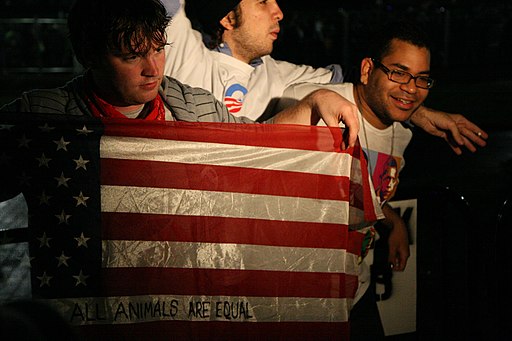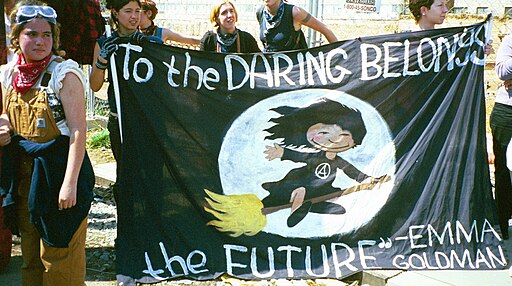
On May 9, The Hill reports, the US Senate passed — with unanimous consent! — a bill to “formally allow the Supreme Court of the United States Police to provide around-the-clock protection to [the justices’] family members, in line with the security some executive and congressional officials get.”
While sponsor John Cornyn (R-TX) justified the action on alleged “threats to the physical safety of Supreme Court Justices and their families,” the real reason for the bill is no secret. In the wake of a leaked draft opinion that would overturn Roe v. Wade, ordinary Americans started showing up to protest outside the justices’ homes, cuing immediate howls about the sanctity of their “privacy.”
Wait, what?
Even if one considers the interests of unborn children more important than privacy, there’s no question that privacy would be a casualty of the ruling. It would allow state legislatures to ignore privacy in at least two areas — women’s uteri and doctor-patient relationships.
If those areas of privacy are less important than the sanctity of life in the eyes of abortion opponents, how is the privacy of Supreme Court justices and their families more important than, as the First Amendment puts it, “the right of the people peaceably to assemble, and to petition the Government for a redress of grievances?”
The Constitution itself doesn’t answer that question. To find what we need, we must instead turn to George Orwell’s novel Animal Farm and the modified version of its utopian scheme’s Seventh Commandment:
“All animals are equal — but some animals are more equal than others.”
Your right to protest the actions of Very Special Important People like Supreme Court justices is subordinate to their right to not be annoyed, embarrassed, or in even the slightest manner inconvenienced by such protests.
If you thought you were reading a column about abortion, you thought wrong.
For that matter, if you thought you were reading a column about privacy, you thought wrong.
You’re reading a column about equality under the law. This little teacup tempest is just the latest in a long list of demonstrations that no such thing exists.
Since the 1980s, America’s Very Special Important People (aka the political class) have availed themselves of a fiction referred to as “free speech zones.” They go where they please and say what they wish — but mere mortals like you are restricted to saying what you wish in locations far removed from them.
Some states have even passed laws forbidding disclosure of the addresses of Very Special Important People — politicians, judges, police officers — to the mere serfs who fork over those Very Special Important People’s salaries, for the privilege of doing as those Very Special Important People demand.
They get to run your life down to the smallest detail, barge into that life at will, and cage or kill you if you resist.
You get to complain about it — for now, anyway, so long as you do so only in places where they won’t notice and pronounce themselves offended by your gall and temerity.
Thomas L. Knapp (Twitter: @thomaslknapp) is director and senior news analyst at the William Lloyd Garrison Center for Libertarian Advocacy Journalism (thegarrisoncenter.org). He lives and works in north central Florida.
PUBLICATION/CITATION HISTORY


